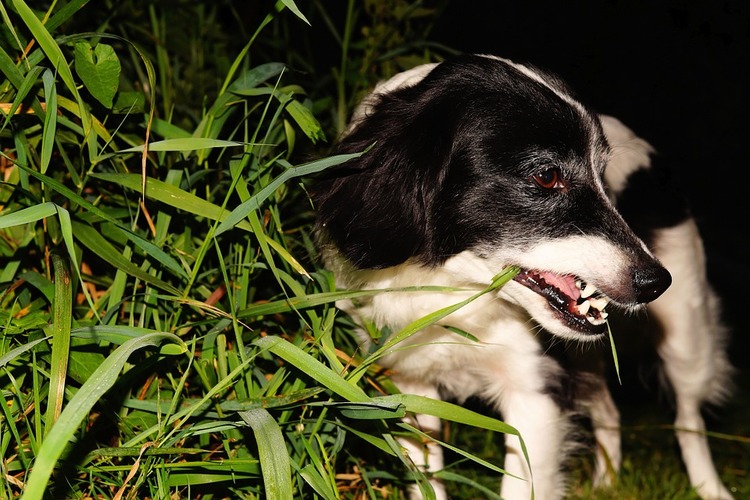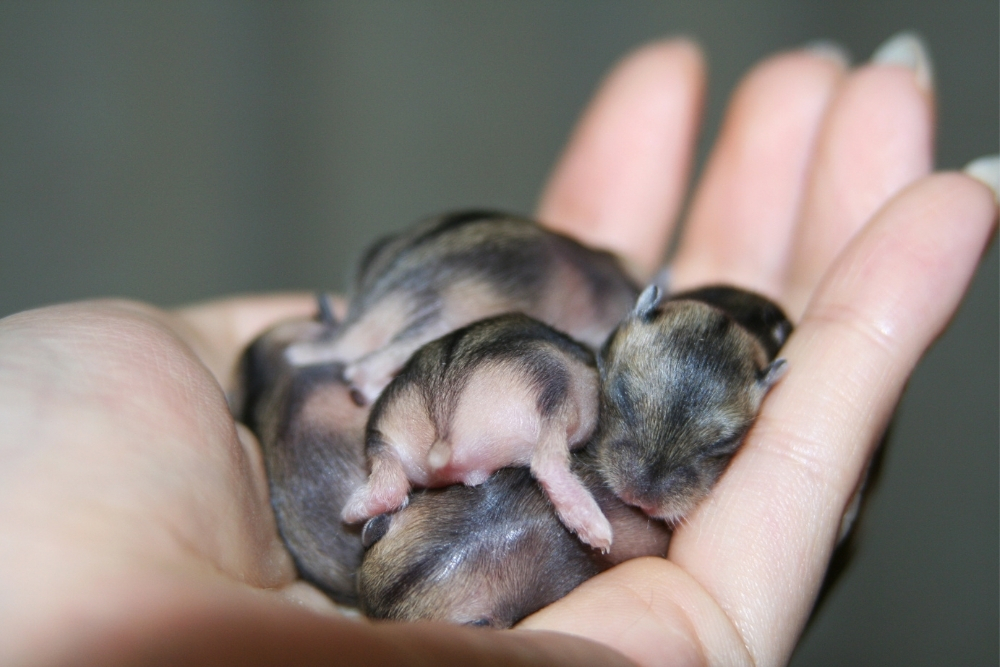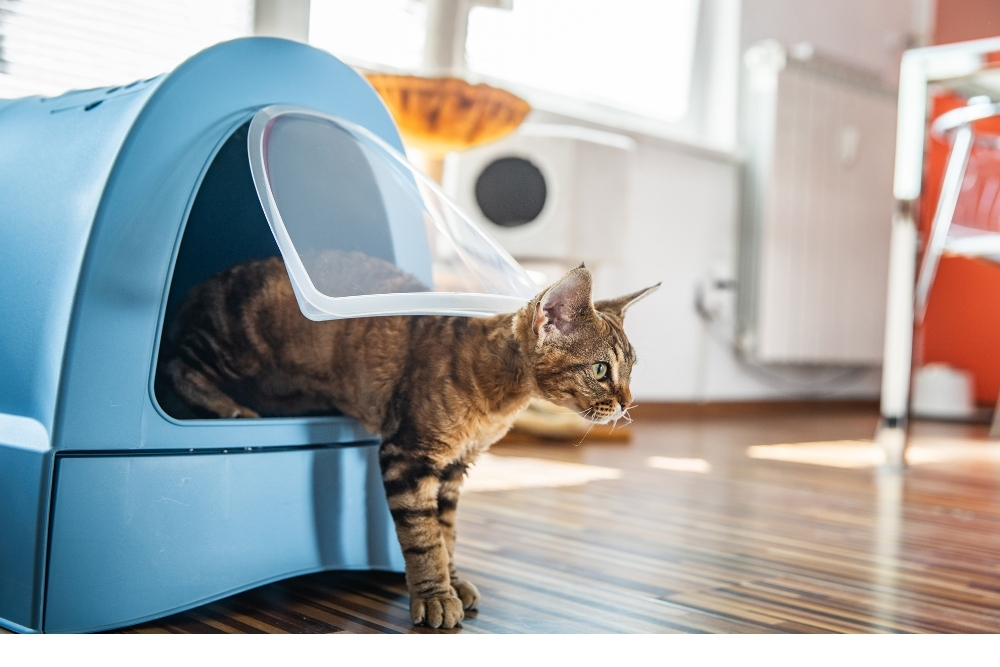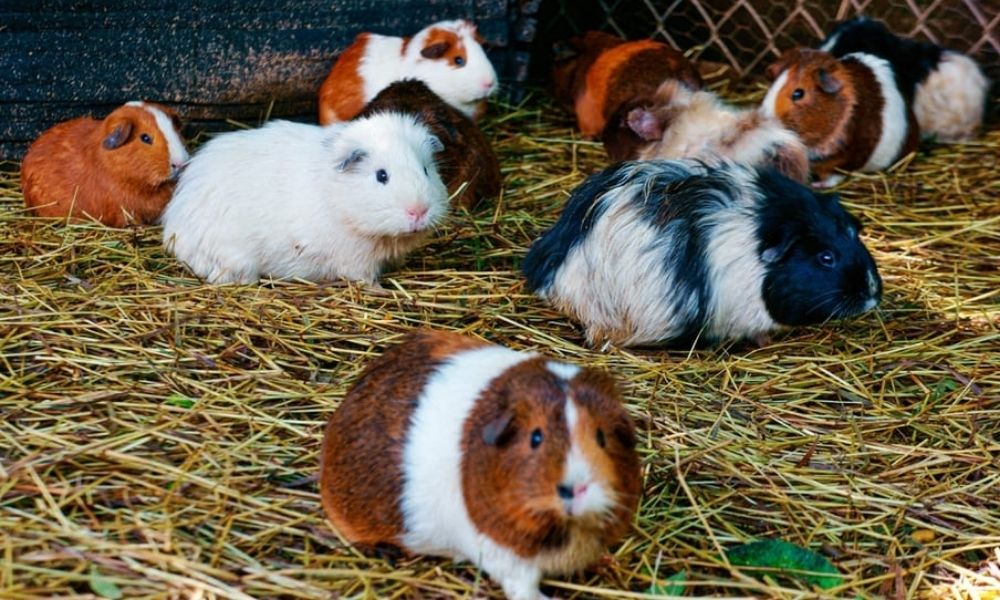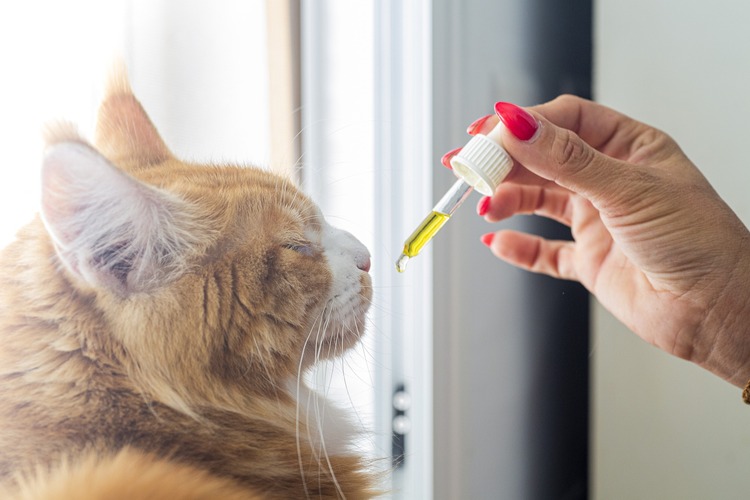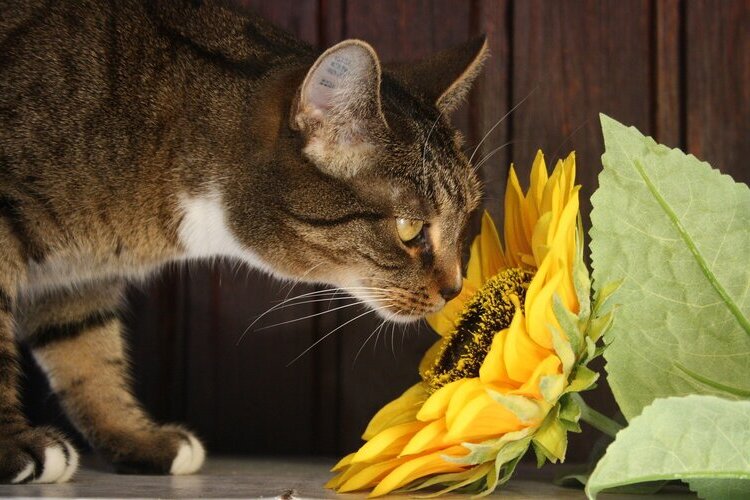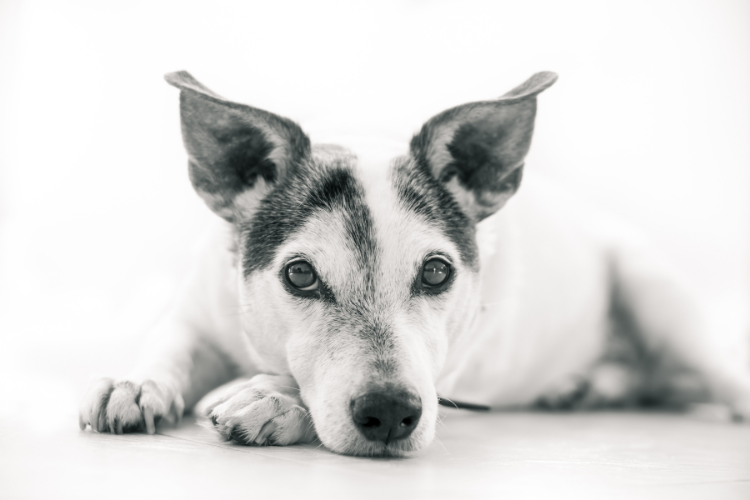Eating grass is a common behavior in dogs. Even dogs that get a well-balanced diet will still eat grass. Grass contains dietary fiber which increases contractions in the intestinal tract, killing the worms that may be in the dog’s stomach.
Pet experts have identified this behavior as normal for the canine animals. In a nutshell, there are two types of canine grass eating:
Grazing
Grazing refers to where your dog feeds on grass and suffers no ill effects. It’s common to see this behavior in a dog when it’s anxious or bored. It’s also possible that your dog simply likes the flavor. Eating grass also helps in digestion, kills intestinal worms, and comes with added nutritional benefits.
Instinctive behavior
Instinctive behavior refers to where your dog eats grass intentionally to induce vomiting, which often happens after your dog has swallowed something that makes it ill. Dogs that make themselves vomit usually swallow grass without chewing.
It’s believed that the long, unchewed pieces of grass tend to be ticklish to their throats, which in turn induce the vomit reaction. There’s a possibility your dog is suffering from a stomach issue and its instinct is to vomit as a form of relieving themself from the stomach upset.
Read Also: 7 Ways to Tell if Your Dog is Sick (What You Should Do)
Is eating grass healthy?
One of the reasons dogs eat grass Dogs eat is to fill a nutritional void. Grass contains roughage, which helps to stimulate the intestinal tract and it’s important for their diet.
Dogs suffer from a condition known as Pica where dogs consume non-food substances including toys, dirty socks, and feces. Though eating grass is normal canine behavior, the grass is also a type of pica but does not impose too many problems on your dog. Sometimes it indicates that your dog has some type of nutritional deficiency.
Why Dogs Eat Grass
1. Taste
Some dogs eat grass simply because they enjoy the taste and texture. Eating grass may provide fiber and traces of vitamins and minerals that are not provided in commercial dog food. Even when you feed your dog with balanced diet food, it still will crave fiber and its flavor.
2. Behavioral issues
Dogs eat grass to show their behavioral traits like getting bored. If your dog is locked up in the garden all day and it’s not getting enough exercise or emotional support, they may eat grass to keep them busy or as a way to pass time. Create ample time for your dog to kill the boredom by engaging through puzzle games, taking walks, and exercising.
3. To induce vomiting
Although not all dogs vomit after consuming grass, some may decide to self-medicate themselves into eating grass, which makes them feel nauseous. They do so to make them vomit and feel better especially if they have a stomach upset.
4. Stomach issues
Dogs may eat grass to curb the nutritional deficiency that is causing the stomach upset and the blockage of the intestinal tract. Some dogs consume grass in order to relieve the digestive problem. Some dogs also chew this grass in order to vomit the non-food substance.
Read Also: 5 Best Dog Beds for Small Dogs (Affordable & Durable)
How to stop your dog from eating grass
The owner should be able to provide dehydrated fruits and slightly steamed veggies such as banana, cucumber, broccoli, carrots, sweet potatoes, and green beans. Adding fibrous plant material may help calm your dog’s cravings for fiber foods in order to satisfy their nutritional needs.
If your dog is prone to eating grass a lot due to boredom, have time to exercise for at least 30 minutes each day and take your dog for regular walks, or engage in games. In order to keep your dog entertained for a long period, it’s a great idea to provide them with plenty of toys.
Owners should keep an eye on their dog not to go around long grasses. Long grasses contain grass seeds that can get stuck in eyes, ears, under the skin, and paws especially during the summer month. The grass seeds stuck on the paws bring about the painful swelling between the toes which make your dog limp and sneeze violently. It’s better if you take your dog in sandy places.
When to consult the veterinary
You need to consult a veterinary when your dog is;
- Excessively consuming grass and less of the normal commercial dog food.
- Continuously eating grass and vomiting up over a period of a few hours.
- Eating grass and doesn’t seem to be unwell.
The vet will be able to tell you the appropriate food to give your dog to avoid nutritional deficiency and digestive issues.

